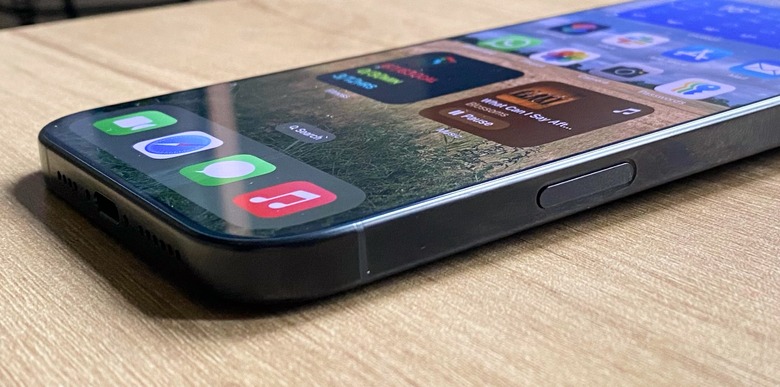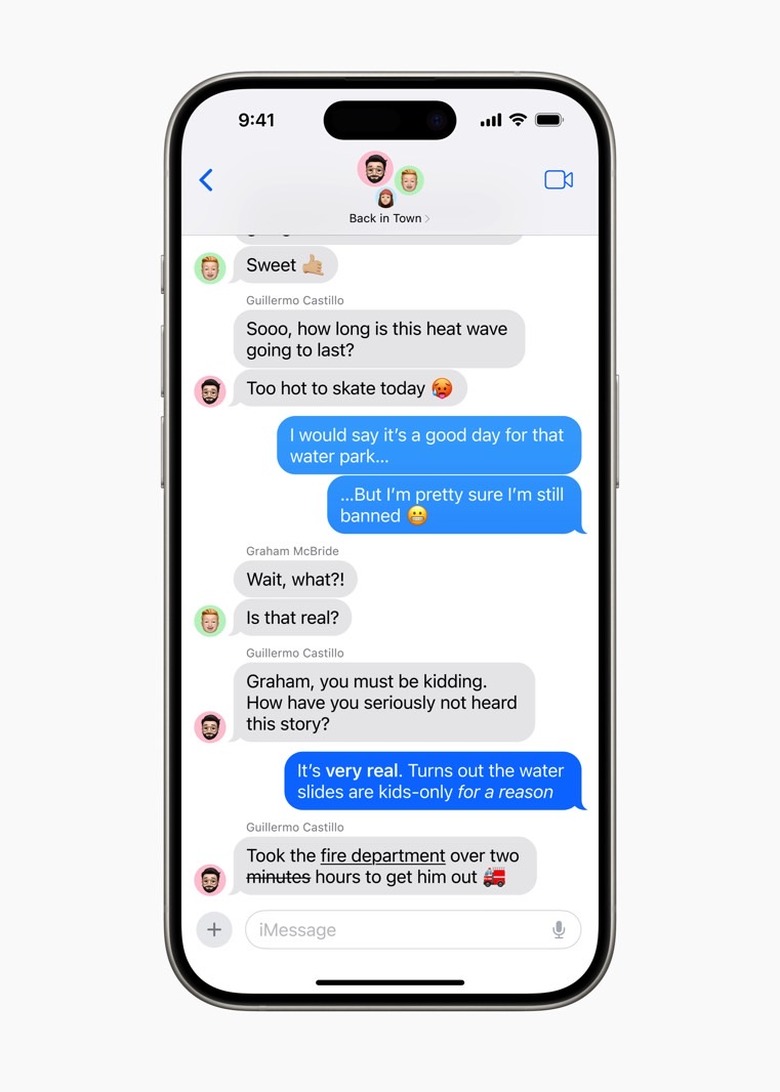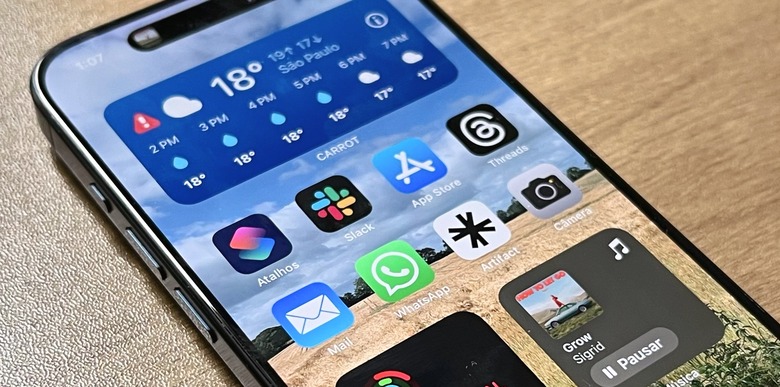5 Encrypted Apps You Should Use While US Telcos Are Under Attack
US telecom companies, including AT&T, Verizon, and Lumen, have been the target of massive and seemingly sophisticated spying attacks for several months now. China is the main suspect behind the hacks. As a result, law enforcement is advising the general public to use encrypted apps for their messages and calls to avoid having hackers potentially access their communications.
Using unencrypted apps like regular SMS always poses the risk of interception by a nefarious party who obtains access to a telecom's network. In this case, AT&T and Verizon customers are at risk of having their communications spied upon.
Luckily, in the age of smartphones, there are plenty of end-to-end encrypted apps for messages and calls. End-to-end encryption refers to the kind of strong security that hackers can't breach. And the best part is that you might already have encrypted apps on your iPhone and Android device without knowing it.
Whatever the case, the following solutions can help until law enforcement says the hackers have been thwarted for good.
According to NBC News, security officials recommend using encrypted messaging apps to avoid having China potentially intercept your communications.
"Our suggestion, what we have told folks internally, is not new here: Encryption is your friend, whether it's on text messaging or if you have the capacity to use encrypted voice communication. Even if the adversary is able to intercept the data, if it is encrypted, it will make it impossible," said Jeff Greene, executive assistant director for cybersecurity at the Cybersecurity and Infrastructure Security Agency.
"People looking to further protect their mobile device communications would benefit from considering using a cellphone that automatically receives timely operating system updates, responsibly managed encryption, and phishing resistant," added an unnamed FBI official.
Greene further noted it is impossible to "predict a time frame on when we'll have full eviction." You might have to get used to relying on encrypted apps for messages and calls for quite a while.
iMessage
The default iPhone messaging app has been the standard texting app rivals have tried to replicate and outdo for years. Apple also set a high security bar with iMessage's end-to-end encryption. This is the app you should use to ensure all your chats are secured.
The downside is end-to-end encryption only applies to your "blue bubbles." These are the encrypted iMessages. If you see any green bubbles on your iPhone, you should avoid them, as those are SMS or RCS texts.
What you need: iPhone, iPad, or Mac and an internet connection.
FaceTime
FaceTime is Apple's iMessage equivalent, but for voice and video calls. It's encrypted, and you can easily switch between voice and video calls with a quick tap.
What you need: iPhone, iPad, or Mac and an internet connection.
Signal
Signal is a third-party app that's available for both iPhone and Android. It supports end-to-end encryption like iMessage and FaceTime and can be the perfect app for cross-platform communication.
Signal comes with both messaging and calling support, so you don't need two separate apps.
While you can use it to communicate with iPhone and Android users, Signal must be installed separately.
What you need: iPhone or Android and an internet connection.
WhatsApp is the world's most popular chat app, belonging to Meta's empire of social networks. WhatsApp had end-to-end encryption support before Meta (then Facebook) bought it, and Meta kept the feature in place ever since.
Like Signal, it's a third-party app that you need to install on your device, but it works with both iPhone and Android devices.
Also like Signal, you get support for encrypted texting and calling, all in one app.
What you need: iPhone or Android and an internet connection.
Google Messages - with a big security caveat
I'll also add Google's Messages app on Android as a potential secure, encrypted solution for texting, but with a big caveat. Google uses the RCS standard, which is not end-to-end encrypted. Only Google's version of RCS offers end-to-end encryption. It's not available on all Android devices, and it's not available on iPhones.
Therefore, if you use Google Messages to encrypt your chats, you'll have to ensure the other person in the text chain also uses Google's RCS messages with encryption support.
What you need: Android with Google Messages RCS enabled and an internet connection.
One more thing
There might be other encrypted chat and call apps out there or apps that claim to offer that kind of security. The ones above are the most popular and best-known for their security (with the Google RCS exception above). Make sure you do your homework when choosing less-known or partially encrypted iPhone or Android apps.
I've said all along that AT&T and Verizon's catastrophic hacks prove that Apple was right about iPhone encryption. Apple's insistence on securing its products forced others to follow.
Whether the months-long attack from China is resolved soon or takes a while to be fully patched, you should get used to using encrypted communication apps. It's not about hiding what you do; it's about the principle of protecting your privacy.
I'll also note that law enforcement agencies aren't as quick to recommend encryption as they are quick to ask companies like Apple to create backdoors. As this attack shows, hackers will find entry points that will be exploited, so encryption is always the best bet.


